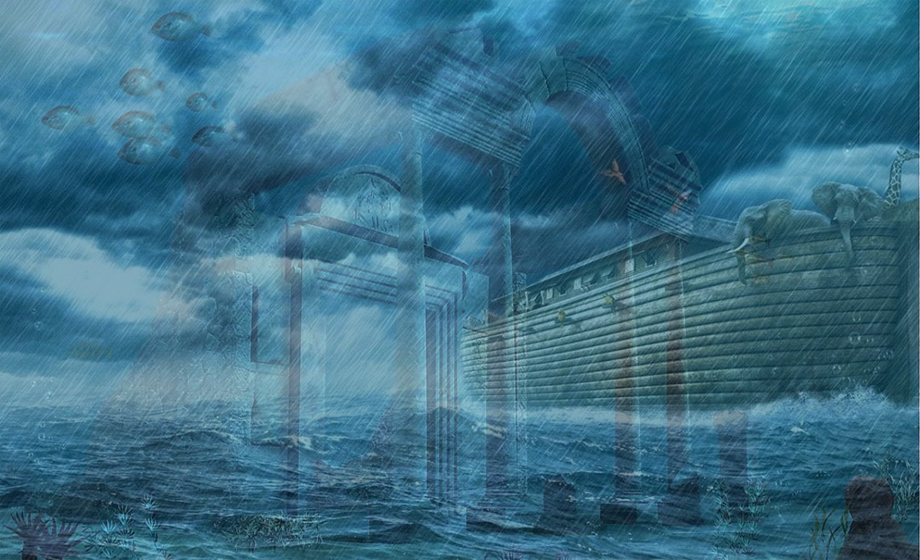Atlantis was a fictional or symbolic tale according to some ancient writers, but it was also thought to be true by others. A myth draws on a universal cultural story, or the wisdom of all mankind. Myths give a culture reasons and traditions to follow as well as an explanation for what is ambiguous or unknown. There is no end to the sources of myths, yet they frequently revolve around people and events. But in addition to offering solutions, myths can also elicit positive emotions like contentment, security, wonder, mistrust, and terror.
Atlantis’s location has been the subject of numerous speculations, including those that place it in the Mediterranean, off the coast of Spain, or even beneath what is now Antarctica. Pick a location on the globe, and Atlantis has been claimed to have existed there. everywhere you can think of.
Atlantis was said to have been called after Atlas, who Plato claimed was Poseidon’s elder twin and the son of Cronus in Greek mythology. Additionally, Poseidon was the island’s owner and gave his son’s name to the place. Atlas is also reflected in the names of other places, including the Atlantic Ocean and the Atlas Mountains that stretch from Morocco to Algeria.
The myth of Atlantis tells the tale of a spiritual and moral people who existed in a highly developed, ideal society. However, they evolved into selfish, avaricious, and morally bankrupt individuals, and the gods grew enraged as a result of the people’s loss of direction and immoral behavior.
The gods punished Atlantis by sending a horrible night of earthquakes and fire. This led Atlantis to submerge beneath the waves.
Throughout history, the majority of historians and scientists have come to the opinion that Plato’s description of the mythical Atlantean kingdom was fictitious. This argument holds that the Greek philosopher created Atlantis as his ideal society and meant the account of its destruction to be a warning about the gods condemning human hubris. Other than Plato’s dialogues, none of the many other works from classical Greece that have survived have any recorded accounts of Atlantis. Furthermore, despite recent developments in oceanography and floor of the ocean mapping, no evidence of such a drowned society has ever been discovered.
Recent geological research raises the possibility that Plato’s story is not wholly fictitious. He gives a date of 9600 BC (11,600 years ago), which is startlingly close to the cataclysmic rise event known as Meltwater Pulse 1B, which was caused by the melting of continental glaciers at the end of the previous Ice Age and caused a global rise in sea levels. A mass the size of present-day China and Europe put together may have been drowned by this historic event, seemingly overnight.
It’s been a battle for ages whether or not Atlantis was a real location. When people claim it’s not a real location, the discussion, there seems to be an acceptance of it. We can also presume that this narrative contains some inaccuracies because it was repeated before Plato wrote it down.
The common theme in all of these myths is that a great flood changed the history of mankind forever and wiped out an earlier generation of people who caused this annihilation upon themselves, despite the fact that many of these myths offer supposed explanations for this catastrophe (humanity losing favor with its gods or discontinuing to live in a righteous manner). Despite the fact that some of these myths may not be entirely true, they are nevertheless important given the current state of the world, which includes the heightened threat of flooding brought on by glacier meltwater and the ongoing danger of natural disasters on Earth.
Perhaps this video could also add to the discussion of the issue on the Atlantis:


